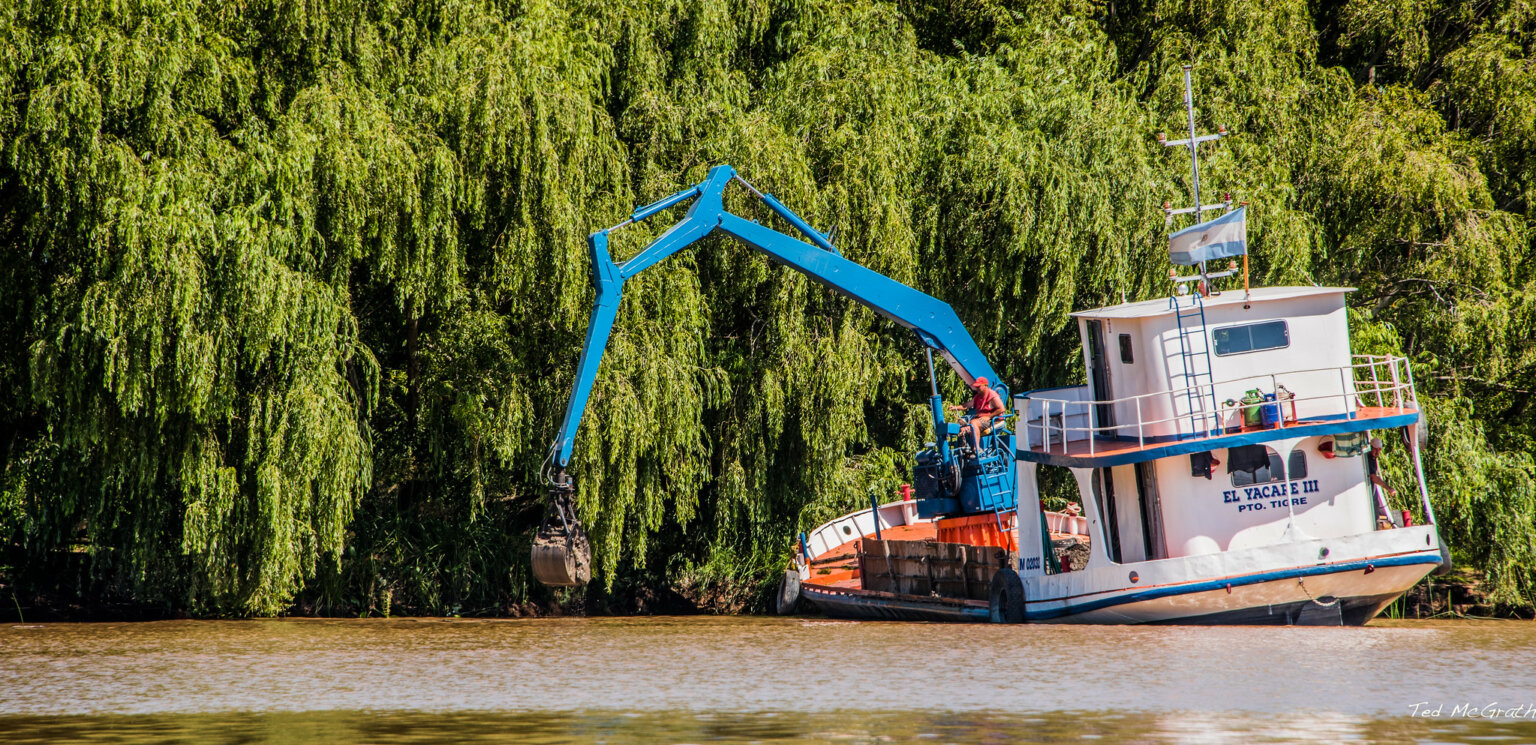- About
- Topics
- Picks
- Audio
- Story
- In-Depth
- Opinion
- News
- Donate
- Signup for our newsletterOur Editors' Best Picks.Send
Read, Debate: Engage.
| July 15, 2022 | |
|---|---|
| topic: | Conservation |
| tags: | #Malawi, #fishing, #climate change, #sustainability |
| located: | Malawi |
| by: | Bob Koigi |
Containing more than 700 fish species, Lake Malawi offers a lifeline to tens of thousands of people who rely on it for sustenance and livelihood. However, years of overfishing and climate change have taken a toll on the lake's fish population, which has seen a dwindling of stocks.
But on Mbenje Island - which is nine kilometers in size and is located approximately ten kilometers from the mainland - it is always a bumper harvest thanks to the traditional environmental conservation methods and prudent management of fishery resources that have been practiced locally and passed down generations for decades.
The island is closed to all from December to April each year in order to allow fish stocks to recover. Going against this directive is said to offend spiritual beings that the community believes control fish around the island.
According to local traditional beliefs, violators of this directive risk attracting misfortunes, including ghost attacks, drowning and disease outbreaks.
Community leaders have also introduced fishing regulations such as limiting the number of fishing gear, regulating the size of the mesh, banning mosquito netting and restricting the use of light to attract fish.
"The closing and the opening are accompanied by ceremonies and follow a strict agenda. During both occasions the fisheries committee (chaired by the chief) meets to discuss what went well and what went wrong during the previous fishing season, and if any contravention of the regulations had occurred," notes a World Bank report. "Most offenders are warned or prosecuted (which is often a fine payable in kind). Serious offenders are banned for the next season."
During the opening ceremony of the island, fishermen are welcomed to the island but have to be approved by the traditional committee. It is usually a beehive of activity with businesses involved in the sale of various merchandise accompanying the fishermen.
However, in order to maintain law and order, gambling, drinking, sex and smoking are prohibited with violators being slapped with heavy fines, including a total ban from visiting the island.
And in a show of support by the government of Malawi’s for the island's community and their practices, state officials, including those from the Department of Fisheries, attend the opening ceremony.
To further protect the environment and biodiversity on the island, the local community has invested in the preservation of flora and fauna by raising awareness. The community has also instituted stringent laws prohibiting the killing of birds and snakes and the harvesting of green cover and trees. This has led to the resurgence of scenic views across the island.
As the island community advances a sustainability gospel that places the planet and people ahead of monetary profit, it inspires the adoption of similar initiatives by the government and other players, especially Community-based Natural Resources Management (CBNRM) programmes.
"Human activity is one of the largest contributors of climate change. It is therefore imperative that people embrace practices that seek to reverse these devastating trends while fostering protection of the environment, biodiversity and sustainability," said Mercy Watiri, a Nairobi-based environmentalist.
"The Mbenje Island case has taught us the pivotal role of traditional knowledge in managing scarce resources and tapping into community approaches to support pro-environment and food sustainability initiatives," the expert added. "It is a model worth emulating globally, especially in our time - when the planet is grappling with unprecedented shocks."
Image by Patrick Dugan.
By copying the embed code below, you agree to adhere to our republishing guidelines.
